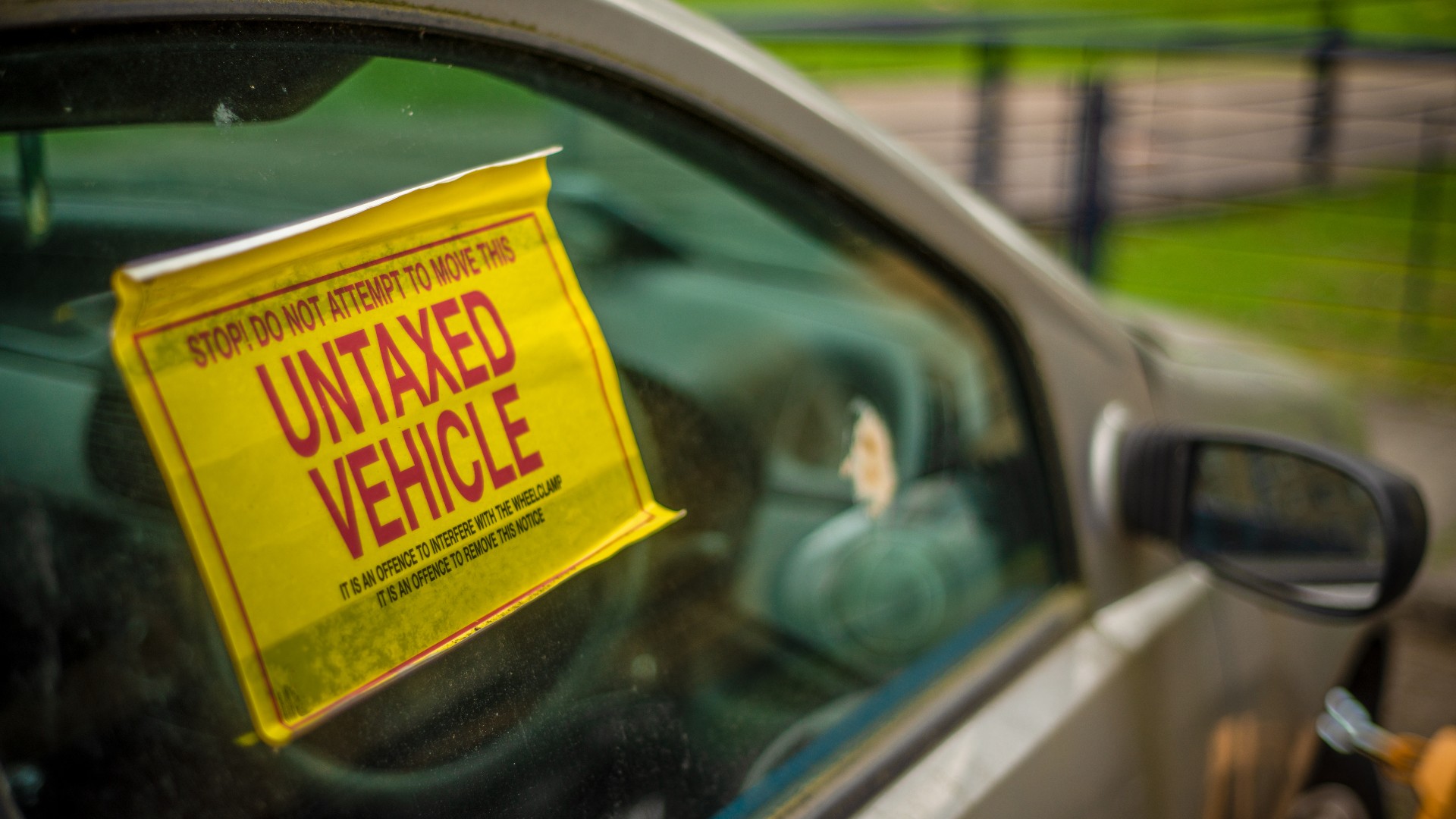DVLA issues scam warning to drivers as online fraudsters target motorists


The DVLA is warning drivers to be more vigilant than usual as online scammers attempt to steal sensitive information through phishing messages.
The Driving and Vehicle Licensing Agency (DVLA) has released details on its website of the latest scams that are plaguing motorists. They are warning drivers to be particularly vigilant and aware of potential DVLA scams.
To help people identify scams and protect themselves, the agency have posted images of messages that purportedly come from the DVLA to show the kinds of ways drivers have been targeted.
What are the latest DVLA scams?
The DVLA aims to raise awareness and encourage drivers to report scammers more quickly. They have released images of the latest online scams circulating. Each method attempts to convince motorists to hand over personal information.
Drivers may receive messages claiming to be from the DVLA which could ask them to verify or update their driving license details or offer vehicle tax refunds.
Some messages even ask for bank details after highlighting a supposed failed vehicle tax payment and claiming a particular vehicle is no longer taxed. This is done to apply additional pressure to the driver in question to share sensitive and personal information.
The DVLA have now also released new figures which show a 603% increase in reports to their contact centre of fraudulent emails, texts and phone calls. This is over the 3 months to September of this year, compared to the same period in 2019.
Parenting advice, hot topics, best buys and family finance tips delivered straight to your inbox.
How to avoid a DVLA scam
Customers are being advised that the only place they can access official information on the DVLA and it’s services is on GOV.UK and that the DVLA never asks for bank details over email. Similarly, they never send text messages concerning vehicle tax refunds.
Sarah Lyons, NCSC's deputy director for economy and society, has said: ‘It’s important to stay vigilant to suspicious messages as we know that criminals often imitate legitimate organisations like the DVLA to make their scam seem more convincing’.
The DVLA's 5 top tips to help motorists stay safe online:
- never share driving licence images and vehicle documents online
- never share bank details or personal data online
- avoid websites offering to connect to DVLA’s contact centre
- only use GOV.UK when looking for DVLA contact details
- immediately report it to the police through Action Fraud if you think you’ve been the victim of a scam
How can you report a possible DVLA scam?
Drivers who believe they have been targeted by scammers are being encouraged to report it immediately. They can report any suspicious emails they receive to the National Cyber Security Center (NCSC) through their suspicious email service.
The center also encourages customers to forward suspicious text messages to their network provider. The provider will then be able to investigate further, on 7726 free of charge.
Phil Morgan, head of fraud policy investigation at DVLA, said: ‘These new figures demonstrate that scammers are becoming more persistent in their efforts to target motorists’.
He added that: ‘Customers should report suspicious emails to the NCSC immediately. Anyone concerned they may have been a victim of fraud should contact the police through Action Fraud straight away’.
If you receive any suspicious emails, texts or phone calls, remember to seek and follow the latest advice.

Emma is a Senior Lifestyle Writer with six years of experience working in digital publishing, ranging from book publishing to magazines. She currently looks after all things Lifestyle for Woman&Home, Goodto.com, and My Imperfect Life.